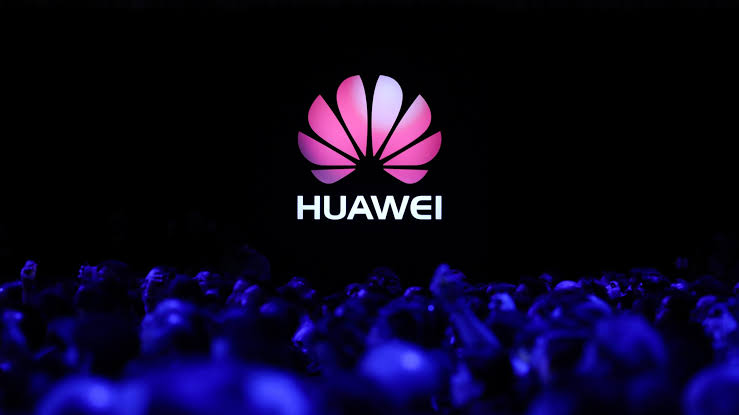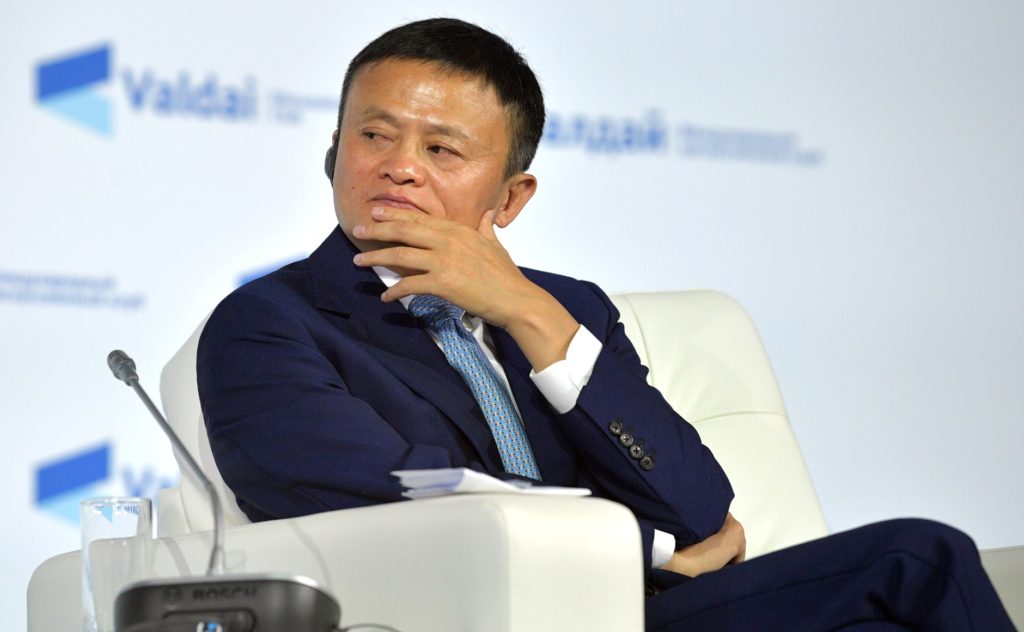U.S. and China have been at each other’s throats from a while now, with Huawei being caught in between. The company was effectively banned from operating in the U.S. a long time ago. The things however, took a turn for the worse this weekend, after multiple trade threatening announcements from both sides of the aisle.
It started with the US Department of Commerce issuing orders, that the country’s administration would ban Huawei from using U.S. software and hardware in certain strategic semiconductor processes. The aim is to limit Huawei’s technological advancements, since much of its comes from the chip designs that US companies supply.
Now, we have a rather stringent, strongly worded response from China. The world’s second largest economy, in response to the US ban, has asked U.S. to stop “unreasonable suppression” of Huawei, saying that it will firmly defend its companies’ legal rights.
Furthermore, China’s state-run newspaper Global Times, citing an unidentified source, has reported that Beijing, in response to the new limits on Huawei, was ready to put U.S. companies on an “unreliable entity list” as part of the countermeasures. These companies could include the likes of Apple, CISCO and Qualcomm, all of which generate significant business from the Chinese mainland.
The new US rule, which is the latest thorn in the US-China trade war, expands U.S. authority to validate(or invalidate) sales to Huawei of semiconductors, made abroad with U.S. technology, by requiring licenses. This would bring the country in a stronger position to continue its attacks against Huawei, halting exports to the world’s largest telecom company.
China had expressed its grief over the decision almost right away, saying that it is willing to put U.S. companies like Apple, Cisco Systems Inc and Qualcomm Inc on an “unreliable entity list”.
If made a part of this list, these U.S. companies will become susceptible to internal investigations by Chinese authorities. Moreover, the country also suggested that it would stop the purchase of Boeing Co airplanes, which cannot be good news for the already crashing aircraft company.
The announcement also affected Taiwan Semiconductor Manufacturing Co Ltd, which is currently planning to build a facility in Arizona.
The petty competition between the two countries showed its effect on the stock market, with shares of chip equipment makers such as Lam Research and KLA Corp closing down at 6.4% and 4.8%, respectively, in U.S. trading.
U.S. however, does not have a problem with Huawei when it is the one in need, as it the U.S. Commerce Department has been planning to roll out a new rule, which would essentially allow U.S. companies to “participate in standards bodies where Huawei is also a member.” This came after multiple experts highlighted the disadvantage that US has, when it comes to setting global standards for 5G tech.
The company was added to the “entity list” last year, amid growing security concerns and the trade war with China. Ever since then, Huawei has not only been banned to operate in U.S. but also using components produced in the country, including software such as Android among others.
The Tech Portal is published by Blue Box Media Private Limited. Our investors have no influence over our reporting. Read our full Ownership and Funding Disclosure →







1 comment
Comments are closed.